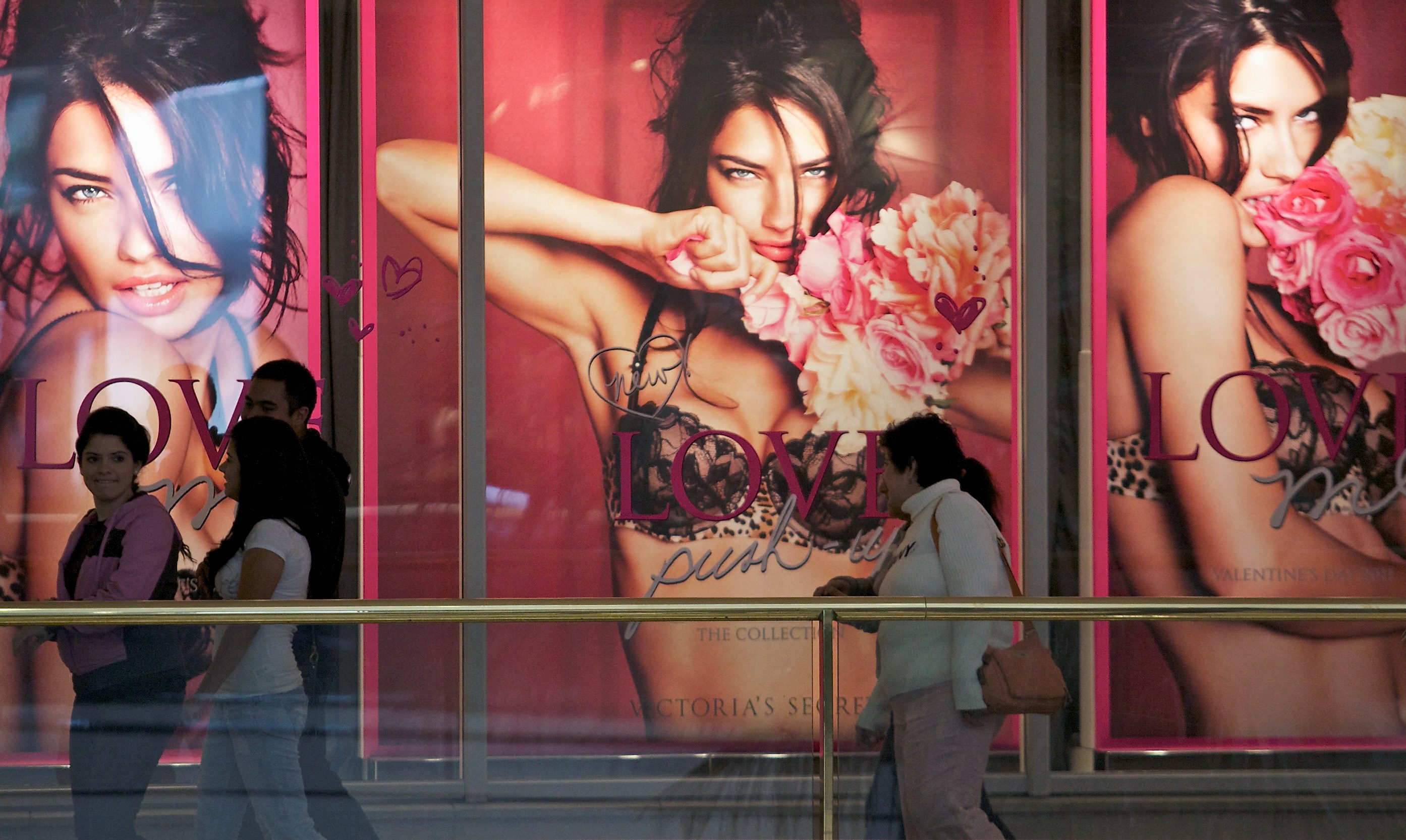Franchising, retail, business

03/03/2016
Joins Starbucks, McDonald’s, Procter & Gamble in effort to avoid cultural land mines
Victoria’s Secret is making its maiden voyage into the mainland China market this year, but the company’s signature pushup bras and frilly panties will remain behind. Instead, the intimate apparel giant will be pushing its fragrances and beauty products at its first stores.
The move to downplay the lacy undergarments reflects a desire to crack the hugely lucrative Chinese consumer market without stepping on any cultural or social land mines in a country that has more utilitarian tastes in lingerie and underwear.
It’s just the latest example of how U.S. and other multinational companies are trimming their sales and adjusting their familiar images as they try to cater to customers in the world’s biggest emerging middle class.
For exporting companies, the commercial variant on the “When in Rome” principle is not new, but it is especially pronounced in China, where even big-name players such as Starbucks, McDonald’s and Procter & Gamble have been willing to alter tried-and-true product lines and marketing concepts.
The rush to invest in China — and the Asian consumer market generally — is moving at breakneck pace. China last year overtook the United States to become the world’s biggest magnet for foreign direct investment. More than $128 billion poured into China last year, along with $114 billion into Hong Kong, according a report released last week by the United Nations Conference on Trade and Development.
But Stefan Heidenreich, CEO of Beiersdorf AG, the German company that makes Nivea and other personal care products, said Western countries have to be sensitive to local conditions and tastes in markets across Asia if they want to succeed.
“If I want to successfully conquer India I can’t do that with a plant in Hamburg,” Mr. Heidenreich told analysts in an earnings conference call last year. “It sounds relatively simple, yet we were for years and years in a very centralized mode.”
The offerings in Victoria’s Secret’s first Chinese stores, opening in Shanghai, Shenzhen and four other cities, reflect cultural differences and market realities. At least at first, the stores will offer not racy bras but “an iconic, fashion-forward range of beauty products and accessories designed for the modern jet-setter,” according to the announcement by L Brands, Victoria’s Secret’s Ohio-based parent company.
In addition to the greater modesty of Chinese shoppers, Chinese retailers traditionally market the brand name of the stores themselves, not individual designer brands. Chinese distribution systems differ from their Western counterparts, analysts said. Although importers are forced to adapt, marketers say the Chinese appetite for coveted global fashion brands is expanding quickly.
China and chocolates
Even selling chocolate in China takes some adjusting, said Hershey Co. President and CEO John P. Bilbrey. He recently told the Reuters news agency that selling chocolate bars to people in hot, arid climates is a no-go because the candy tends to melt quickly. The solution: softer chocolate in squeezable packets that minimize the mess.
“If you think differently about it, you don’t have to deliver it in a bar,” he said.
Fast-food fixes
Fast-food giant McDonald’s, whose original claim to fame was the consistency and quality of its burgers, modified its formula to match Chinese tastes, especially after it was revealed that the chain’s main Chinese distributor in some cases sold expired beef to its Chinese customers.
McDonald’s now offers tofu nuggets spliced with fish on its menu in Beijing and Shanghai. By combining tofu and fish products, McDonald’s Tofu Shinjo Nuggets are continuing a long East Asian tradition of mixing tofu and meat.
Fonte:http://www.washingtontimes.com/news/2015/feb/3/victorias-secret-enters-china-market-leaves-pushup/#.VtfUN4gQi3w.linkedin